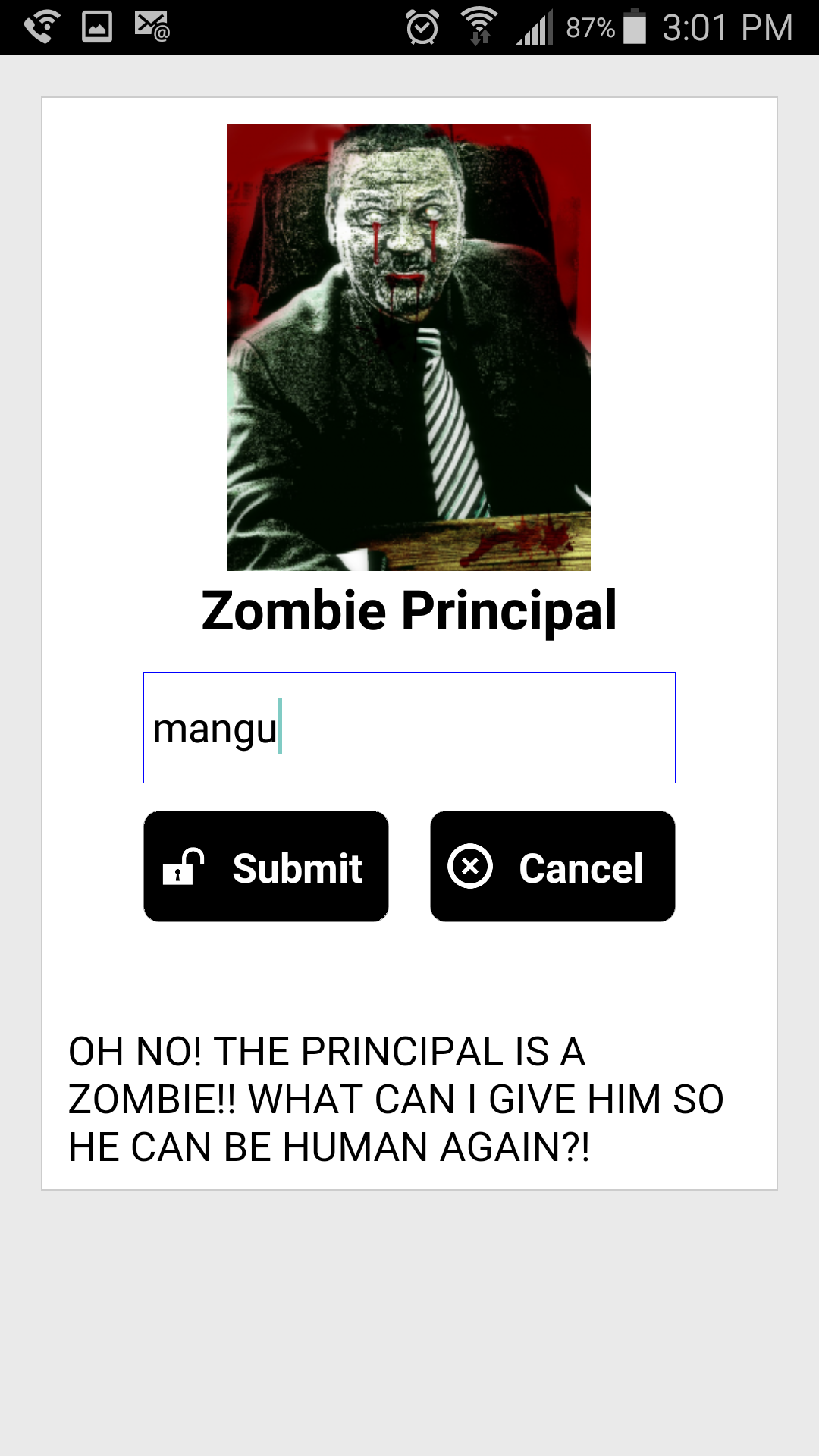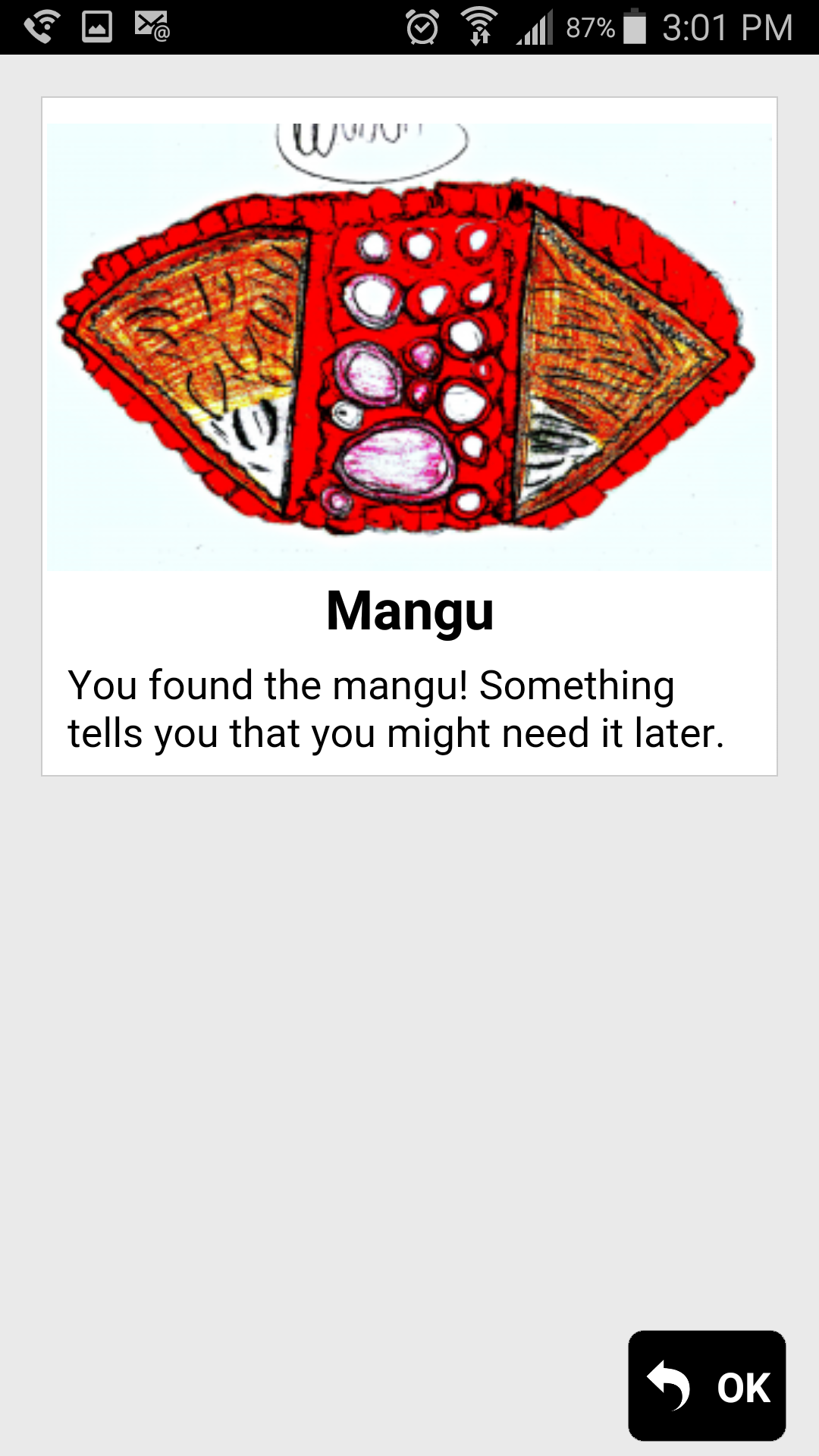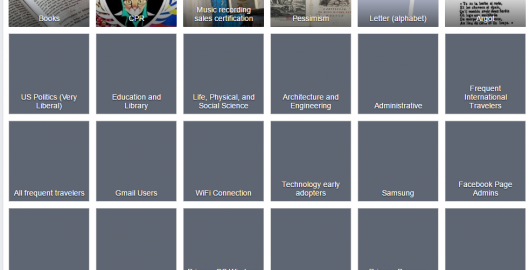musings
On 09, Sep 2016 | No Comments | In musings, reflections from the field | By Sara Vogel, PhD.
Leigh Ann DeLyser from CSNYC brought this awesome blog post by Mark Guzdial to my attention today. It summarizes the thesis research of Yogendra Pal called, A Framework for Scaffolding to Teach Vernacular Medium Learners. It was exciting to see language being considered in conversations about CS education, so I wrote a comment replying (probably way too long, but I got excited!). It’s excerpted below…
Now that CS is going universal at the K-12 level all around the country (including in my home city, NYC), we’re going to have to think about the ways that diverse learners, among them emergent bilinguals, encounter CS, which means fields like bilingual ed and CS ed (more or less silo-ed) are going to start talking to each other. Which is exciting!
I think about touchpoints between Yogengra’s practice as you describe it, and what we in bilingual ed would call translanguaging pedagogy — the idea that learners should use their full linguistic repertoires fluidly and flexibly to make meaning in multilingual classrooms — and teachers play a role in facilitating that. The goal was deep CS learning, so videos and class materials in the various languages were, from what I can tell from your summary, helpful for different people in different ways. If the word for a certain technical term doesn’t really exist in Hindi, why bother translating into an overcomplicated word that students won’t use, when the one in English works fine and will be new for everyone? I bet walking into that classroom there’d be a range of diverse linguistic practices heard, with students drawing on English, Hindi, maybe even other languages, and programming languages as they negotiated content with each other and the professor. At least I know that’s what happened in my multilingual Scratch after-school program in the South Bronx! All bilinguals are different, exhibiting a range of competencies. Those competencies have to be incorporated, so that their language practices can be tools for meaning-making.
In my mind, good practice with emergent bilinguals is not just about providing opportunities for students to use their home language to scaffold CS tasks, but to really engage with the strengths of these students and what they bring.

 Students’ linguistic backgrounds, for instance, inform them as they imagine truly original coding projects — my students in East Harlem a couple years back designed and coded a video game with the MIT-created blocks-based software, TaleBlazer, in which you had to save the principal from turning into a zombie by giving him the traditional Dominican dish, Mangu.
Students’ linguistic backgrounds, for instance, inform them as they imagine truly original coding projects — my students in East Harlem a couple years back designed and coded a video game with the MIT-created blocks-based software, TaleBlazer, in which you had to save the principal from turning into a zombie by giving him the traditional Dominican dish, Mangu.
We have to welcome all opportunities for kids to draw on their linguistic and cultural backgrounds in and through CS for CS programming to have the most impact.
What Facebook Knows About Me
On 26, Aug 2016 | No Comments | In musings | By Sara Vogel, PhD.
Maybe I’m late to the party on this one. But still! My dear friend Devon recently shared this fascinating (terrifying?) article about how non-journalistic content providers are cornering valuable real estate on people’s Facebook newsfeeds with biased snippets about the election. He included a link on Facebook’s website, which the New York Times had also written a short feature about, where you can take a peek at the categories Facebook uses to determine which ads you see when you idly scroll. I already knew Facebook was collecting tons of data about me in order to somehow determine the extent of the echo chamber that is my news feed. But there is something delightfully and tantalizingly navel gaze-y about ogling this page anyway. What do they know about me? Are they right about me? What in the world could they mean by “pessimism”? Is that my outlook?The questions start verging on the existential: Am I somehow this random collection of categories? The algorithm might know more about me then some casual acquaintances! Though it also has some pretty important misconceptions and major oversights. Automobiles? Really?
After a few minutes of this, I wake myself up from from marveling at and fetishizing this technology. How important is it to me that these imperfect details are out there in the world, forming my digital profile and persona? Is this all they have? Where will this data go? How is it being used?
These are all questions I ponder, as I respond to Devon, and then continue idly scrolling away.



